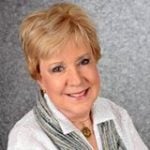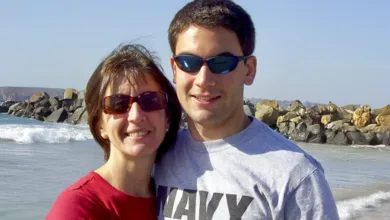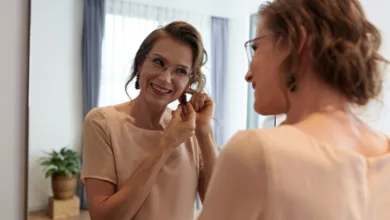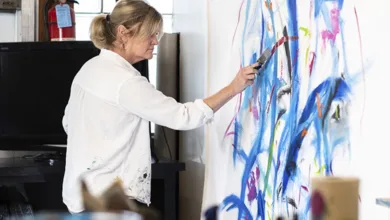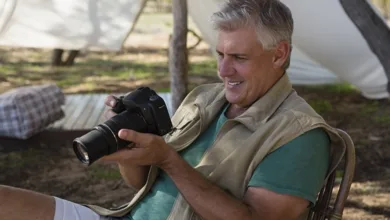Women Taking the Lead

International Women’s Day has always been a celebration of “becoming” for women everywhere. The advances made by women in the past century are staggering and should be applauded. It’s not just because we give birth (although that deserves applause, in and of itself), but for our success as leaders and innovators within a diverse society.
As a youth in elementary school, “career day” was pretty easy for girls: I could choose to be a teacher, a nurse, or a secretary – while also a housewife and mother. The successful female artists, doctors, inventors, and business leaders were “one-off” success stories like Mary Kay Ash, Georgia O’Keeffe, Amelia Earhart, and Eleanor Roosevelt. The world was starkly binary in those days, with men and women filling specific societal roles.
My parents fit nicely into that cultural realm: My father was from the Old South, and my mother came from Cincinnati society. The expectation was that I would follow tradition. I did in some ways but not in others, which places me in what I would term a “transitional generation” for women.
When I was 16, my mother made me take a six-week typing course, where I learned the keyboard on a manual typewriter (I could type “Now is the time for all men to come to the aid of their country” in my sleep). It was never questioned that I would go to college — of course I would, and graduate. Then get married. But I needed a “back-up” profession to rely upon, should my husband die or leave.
My life, however, didn’t go according to plan. And neither did the lives of many of my female contemporaries. The 1960s and 70s changed all that.
Having spent most of my career in broadcasting, I can best illustrate the changing roles of women in this context. When I entered the workforce, there were no saleswomen in radio or television. Except for the traffic ladies and the secretaries, the entire station was staffed by men.
When I was introduced as the first woman salesperson at a local television station, my male sales manager advised me against walking through the newsroom to avoid getting my butt pinched. In those days, dirty jokes and misogynistic behavior were acceptable. If a woman wanted to succeed, she had to ignore it and work harder.
Today, as the phalanx of successful women has increased, the #MeToo movement has promoted better behavior in the workplace. The most rewarding result of women’s success, however, is that men have become better men.
Men have grown past that toxic binary to complement a family structure where work between husband and wife, or husband and husband, or wife and wife, or co-habitants are more equally shared. The definition of what makes a home a home has changed, freeing all genders to redefine themselves. So, my sons and their wives cook and clean and take care of children and work high-skilled jobs. A few of them are accomplished athletes.
As time has passed, I have become aware of many other remarkable women, the world over, that history books never mentioned. Recently, the movie “Hidden Figures” makes us all aware of the women who contributed to the success of our first space program — going to show that women have been contributing all along, albeit often in the shadows of men.
We now see successful women in many key positions in business, government, and community organizations. Young girls can aspire to be anything they want to be. Career day in schools is wide open. The United States has had women running for Vice President and President. We have made incremental gains over the years, and now that kind of success is only ever one election away. Sooner or later, it will happen. I’m hoping for sooner.
Women have been up to the task for a long time.

